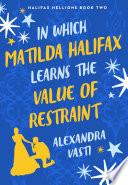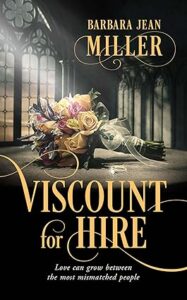Oh fudge. Now, we know you as an alternative curse word or a delicious chocolatey treat.
But back in the Regency era, a fudge would be a falsehood.
Here is a little etymological breakdown of the word:
“put together clumsily or dishonestly,” 1610s, perhaps an alteration of fadge “make suit, fit” (1570s), of unknown origin. As an interjection meaning “lies, nonsense” from 1766; the noun meaning “nonsense” is 1791. It could be a natural extension from the verb. But Farmer suggests provincial Fr. fuche, feuche, “an exclamation of contempt from Low Ger. futsch = begone.”
The traditional English story traces fudge in this sense to a sailor’s retort to anything considered lies or nonsense, from Captain Fudge, “who always brought home his owners a good cargo of lies” [Isaac Disraeli, 1791, citing a pamphlet from 1700]. It seems there really was a late 17c. Captain Fudge, called “Lying Fudge,” and perhaps his name reinforced this form of fadge in the sense of “contrive without the necessary materials.” The surname is from Fuche, a pet form of the masc. proper name Fulcher, from Germanic and meaning literally “people-army.”
The chocolatey treat use of the word came in at around 1895, reportedly at women’s colleges.











